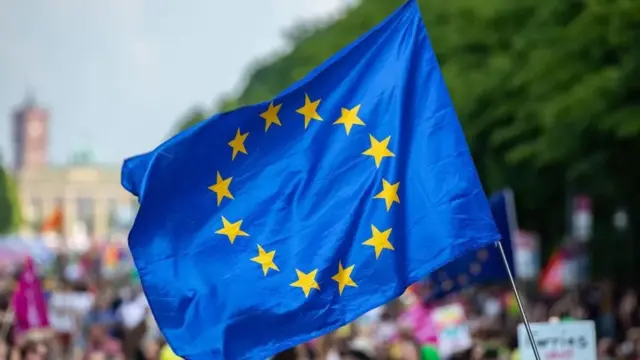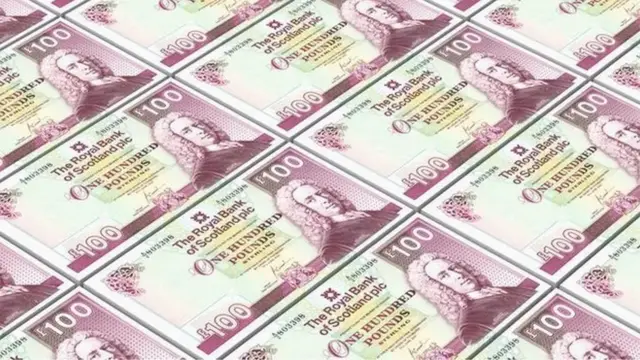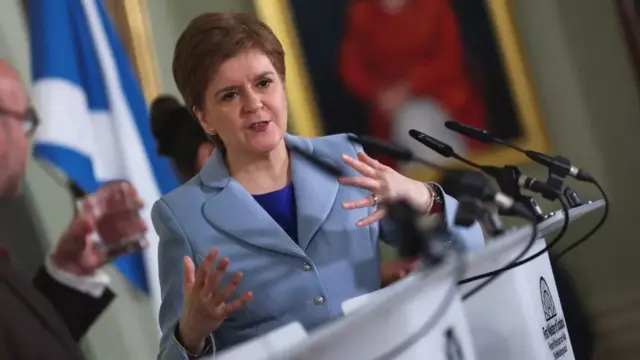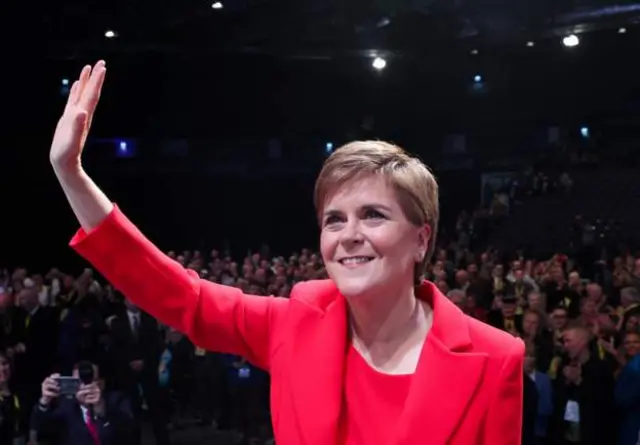What access would an independent Scotland have to markets?published at 10:51 BST 17 October 2022
 Image source, Getty Images
Image source, Getty ImagesFollowing Brexit, trading relations with the European Union became more burdensome for importing and exporting firms, and that brought added cost. They remain uncertain for Northern Ireland, with the special circumstances of the Good Friday peace agreement.
Scotland continues to have unfettered access to markets for goods and services in the rest of the UK. If it becomes independent, new trading relations would have to be negotiated with Whitehall.
If Scotland is to join the European Union, those relations may have to conform to the requirements of that trading bloc. The Brexit process and the example of Ireland brings a warning that Brussels could require a hard frontier where its customs union ends and the rest of the UK, now a "third country", begins.
Read the full analysis of an independent Scotland's access to the markets here.





